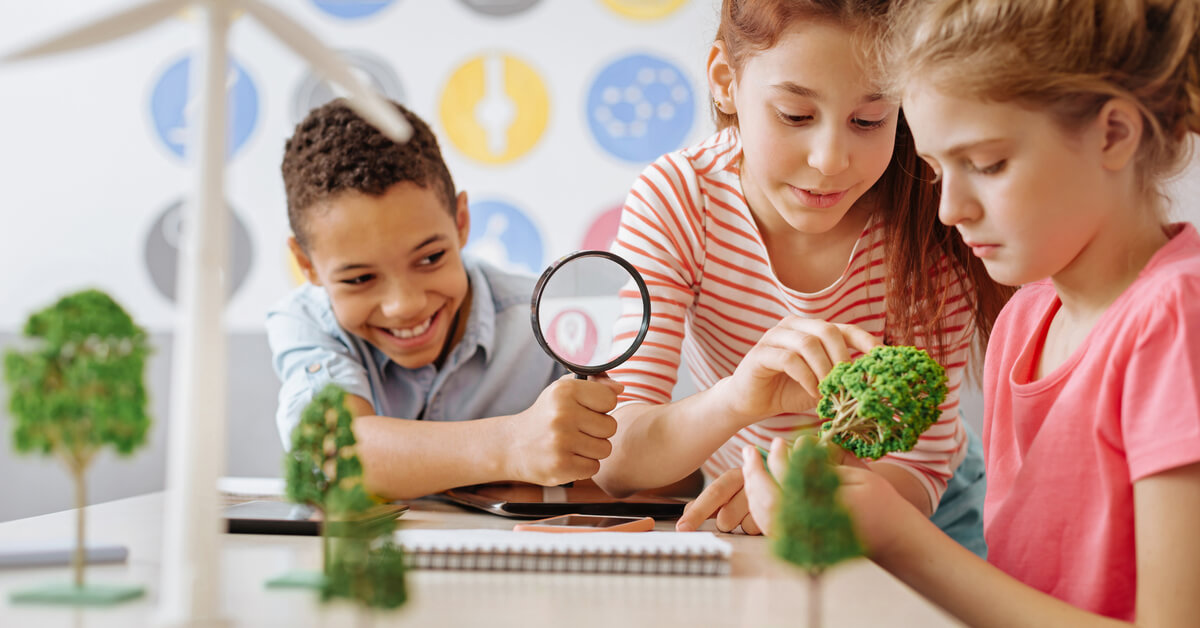March 25, 2022
We must move away from a mechanistic view of the universe to one that recognizes and supports living systems. This shift in perspective begins to make clear a number of implications for our work as educators. In a mechanistic mindset, the view tends to be narrowly focused on closed systems with the idea that optimizing the parts is the way to get to solutions. The “parts” are inert and unable to find their own way which requires an external activator. In a living systems view, the “parts” are alive and they exercise agency as they grow. As living beings, they are not reliant on an external activator and they have the capacity to find their own solutions.
In a closed, mechanistic system resources are finite and therefore each of the parts are competing for the resources that are needed. In an open, living system, resources are abundant and can be recombined in many ways to better support each of the agents within the system. Living systems benefit from cooperation. Symbiosis is an excellent illustration of this principle. A classic example of two organisms benefiting the other in Finding Nemo is the symbiotic relationship between an anemone…

